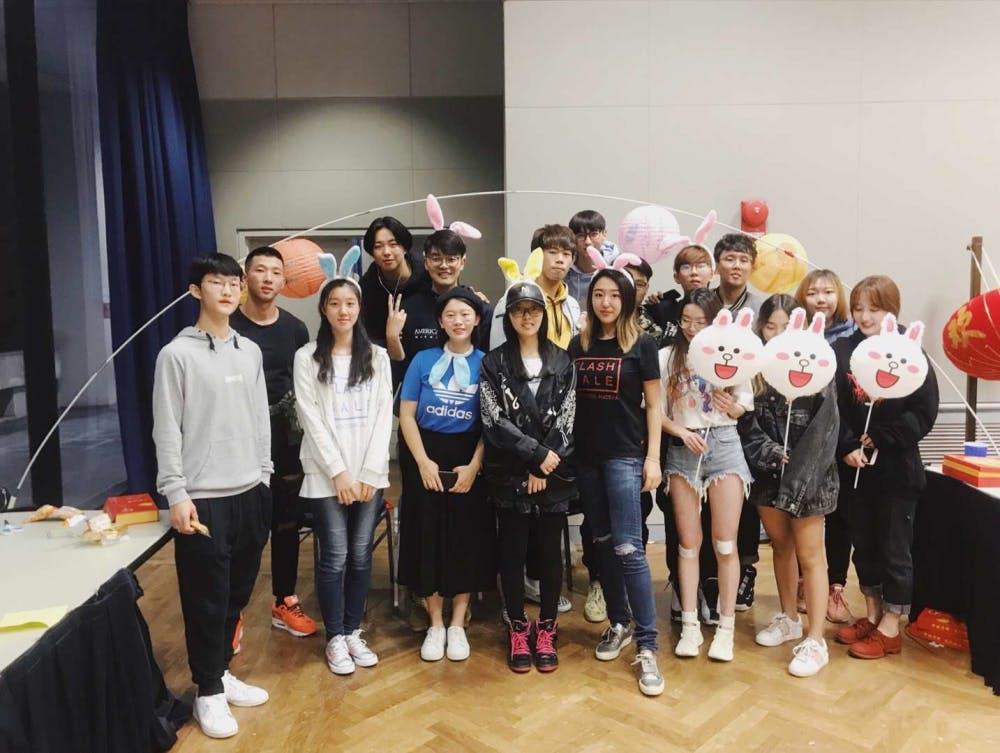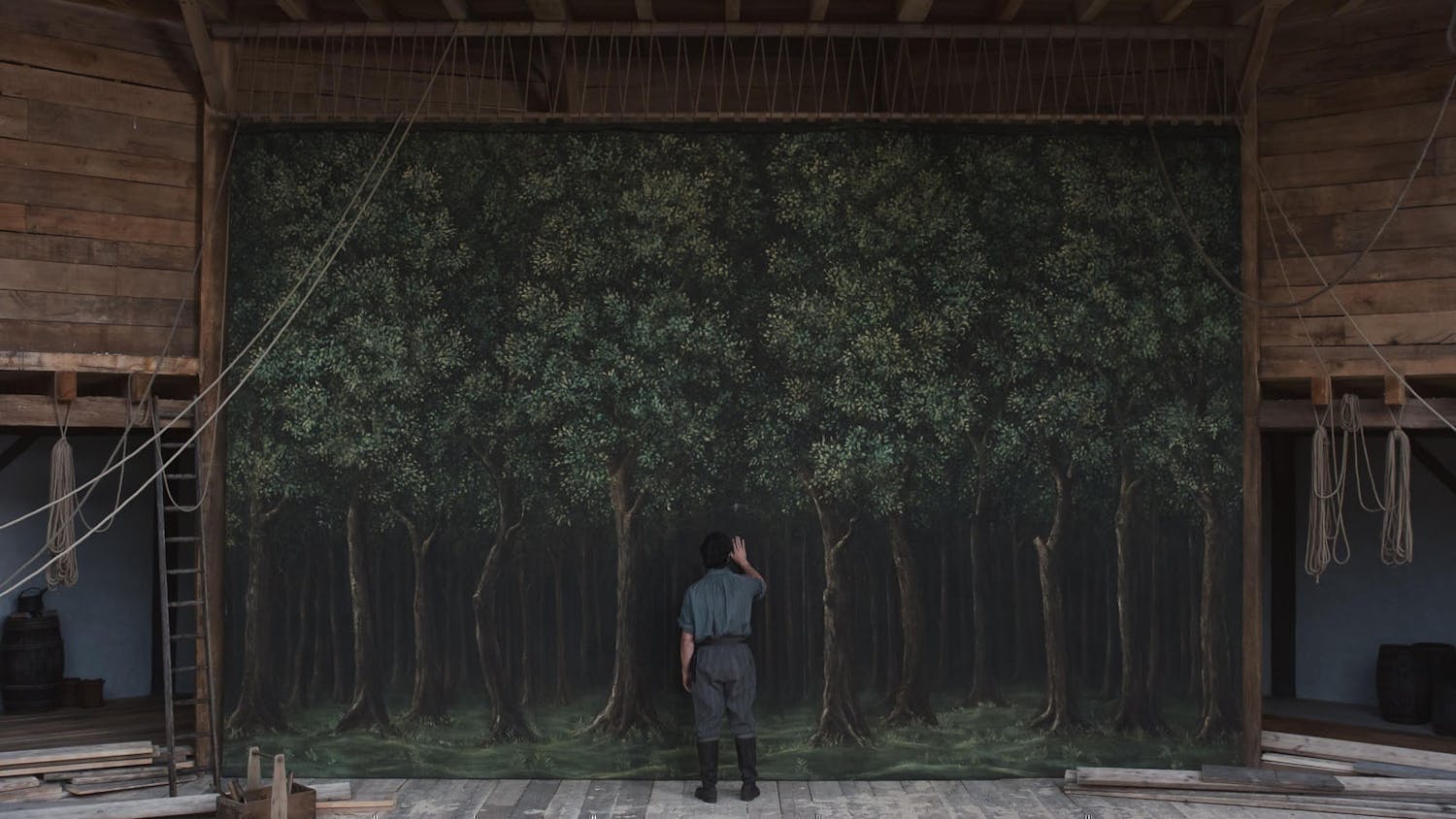As the number of Chinese international students enrolled at AU has increased each year for the past several years, these students have looked to various organizations and programs to find a source of community at AU.
Chinese international students make up the largest proportion of international students attending AU — about 30 percent — and have for at least the last four years, according to AU’s annual Academic Data Reference Book.
Some international students, such as sophomore Anastasia Zhang, joined campus organizations to meet other international students throughout the school year.
Zhang, an executive board member of the International Students Association (ISA), was born in China and attended high school near Cincinnati. Zhang told The Eagle that one of the reasons she decided to attend AU was because she thought it had a diverse student body.
“It’s not as diverse as I thought and I feel like people still hang out with their own groups — I’m not trying to be stereotyping or whatever — but you see like, liberals hang out with liberals, conservatives hang out with conservatives and Asian-Americans hang out with Asian-Americans,” Zhang said. “So I still feel like it’s quite hard to make local friends.”
Zhang said that ISA is designed to help people break out of the groups in which they typically surround themselves.
“You have more opportunities to meet international students who share a similar experience with you,” Zhang said.
Sabrina Zhao, a sophomore in SIS, is also a member of ISA’s executive board. Before coming to AU, Zhao attended a high school in Boston. She said that her background has not affected her social life much.
“Sometimes I always feel like I’m the minority,” Zhao said. “If I go to a party, I’m consciously knowing that I’m the only non-American kid, but I don’t think people really care about where I’m from once I start talking.”
Though her social life may be similar to domestic students, Zhao said that the financial situation she is in as a result of being an international student is vastly different than what American students face.
AU does not grant full scholarships to international students, according to its website. The University says that scholarships given to international students are “awarded based on a combination of outstanding academic achievement, excellent communication skills in English, leadership, volunteerism and community service.”
While Zhao says it is financially strenuous to attend AU, she said there are AU events and resources that can be helpful to Chinese students. AU’s International Student and Scholar Services (ISSS) helps to advocate for international students in regards to immigration and academic-related matters, according to ISSS transition and retention advisor Blake Baxter.
Baxter puts together an orientation for international students at the beginning of the semester and continuously works to ensure international students are doing well academically during the school year.
Baxter also runs ISSS’s Global Cafés, which take place during the first four weeks of the semester. They allow for international students to meet one another and be introduced to campus resources such as first-year advisors and the Health Promotion and Advocacy Center (HPAC).
Zhao cited the Language Center, AU Central and the Global Café events as resources. AU’s International Accelerator Program (IAP), a two to four-semester program that helps international students adapt to college life in the U.S, was also cited by students as being helpful to their university experience.
“The IAP program can help me to, first, improve my English,” said freshman Vincent Chen.
Chen said that since the program does not require a large quantity of homework, it has given him time to adapt “to the new environment.”
There are many Chinese students in the IAP this year, which has helped Chen become friends with students like him, he said. The IAP has also allowed him to meet students from South Korea, Bangladesh and other countries.
Freshman Iris Lai, a friend of Chen’s who is also enrolled in the IAP, said that her high school teacher recommended AU as an option for her during her college search process. Lai is studying communications and is a member of the Chinese Students and Scholars Association (CSSA).
CSSA is “a nonprofit student run organization officially recognized by the Chinese Embassy,” according to the AU CSSA Facebook page. Being a part of CSSA is good practice for “building relationships with strangers,” Lai said.
One of the events that CSSA participated in was a Lunar New Year celebration, which students from other D.C. schools attended as well, CSSA President senior Jia Gao said.
Gao describes the association as “one of the main student clubs for Chinese students at AU.”
“I wanted to become the president because I just wanted to provide more benefits to AU students and also help Chinese students who study abroad to get used to the life here as soon as possible,” Gao said.





